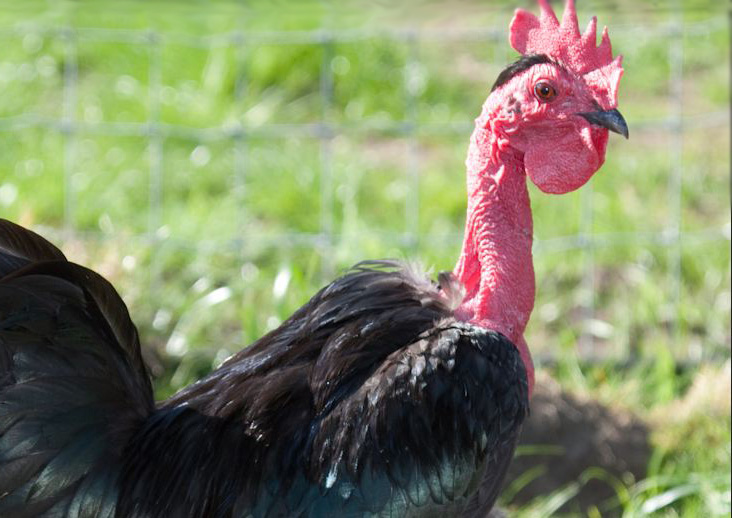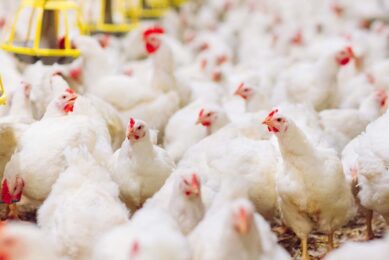Effect of range enrichment on free-range chickens

Italian researchers carried out a study to see the “Effect of range enrichment on performance, behavior, and forage intake of free-range chickens”. According to the study forage intake was significantly influenced by rearing system and season.
The aim of the present study was to analyse the effect of range enrichment (trees or tall grass stand) on the performance and herbage intake of free-range chicken. This trial was conducted in 2 different seasons (winter and summer) comparing a standard free-range system with 2 kinds of range enrichment: a stand of sorghum (a tall grass) and olive trees.
250 male naked neck chickens were used in each season and system; performance, behaviour, forage intake, and body lesions were recorded. Productive performance was not affected by range enrichment. However, in the presence of trees or tall grass stand, no predation losses were experienced; whereas, in the standard paddock, cases of predation by raptors or crows were registered, mainly during the first period of rearing.
Consequently, mortality rate was significantly lower in the enriched environment. Control chickens stayed indoors more rather than forage in the pasture, whereas, in enriched environments, birds spent more time outdoors and widely exploited the available pasture.
Forage intake was significantly influenced by rearing system and season; chickens reared under olive trees had higher herbage ingestion, exploring the available area up to almost 50m from the hut. With the olive trees, chickens also showed the lowest frequency of foot and breast damage.
Source: The Journal of Applied Poultry Research Volume 23, Issue 2













